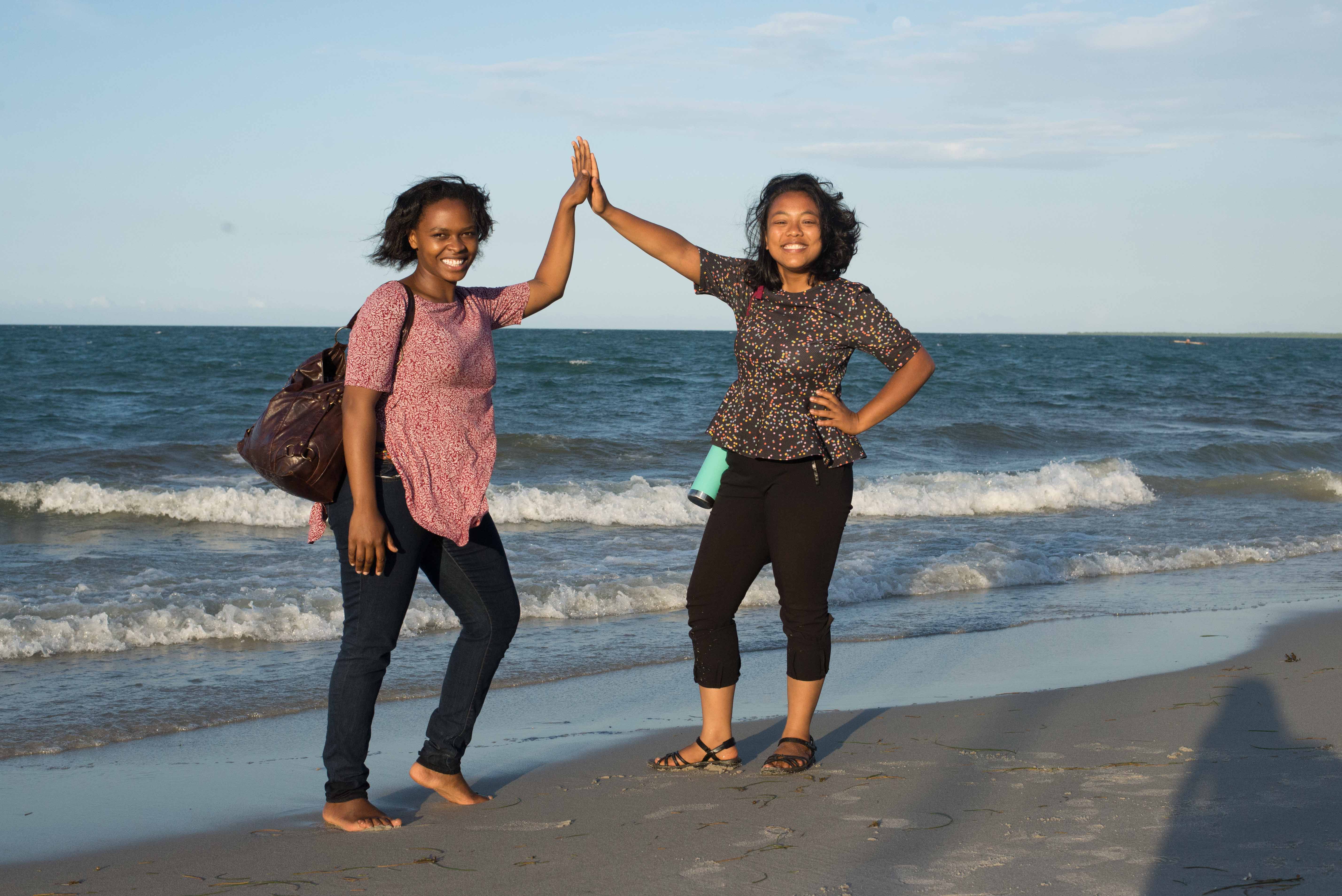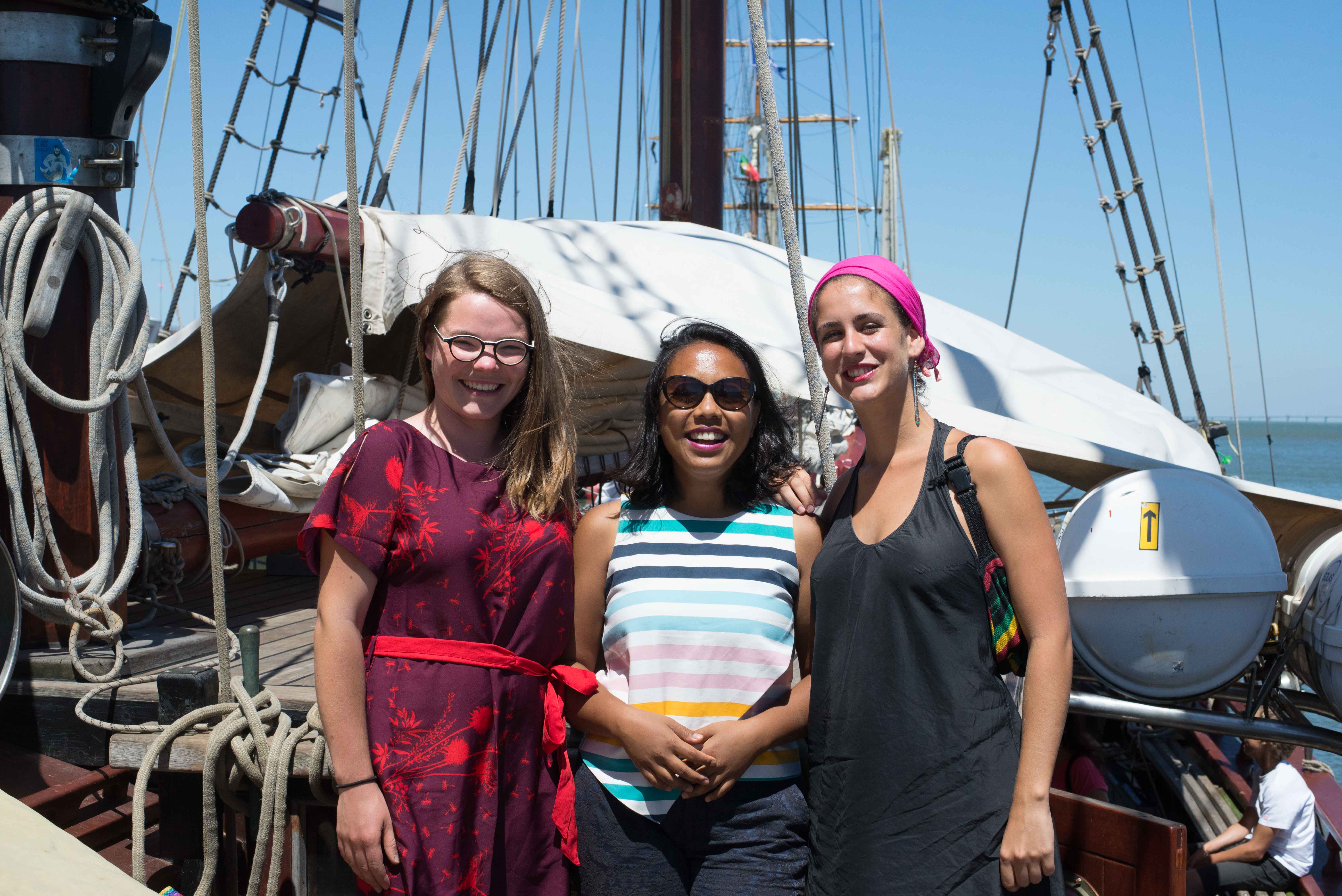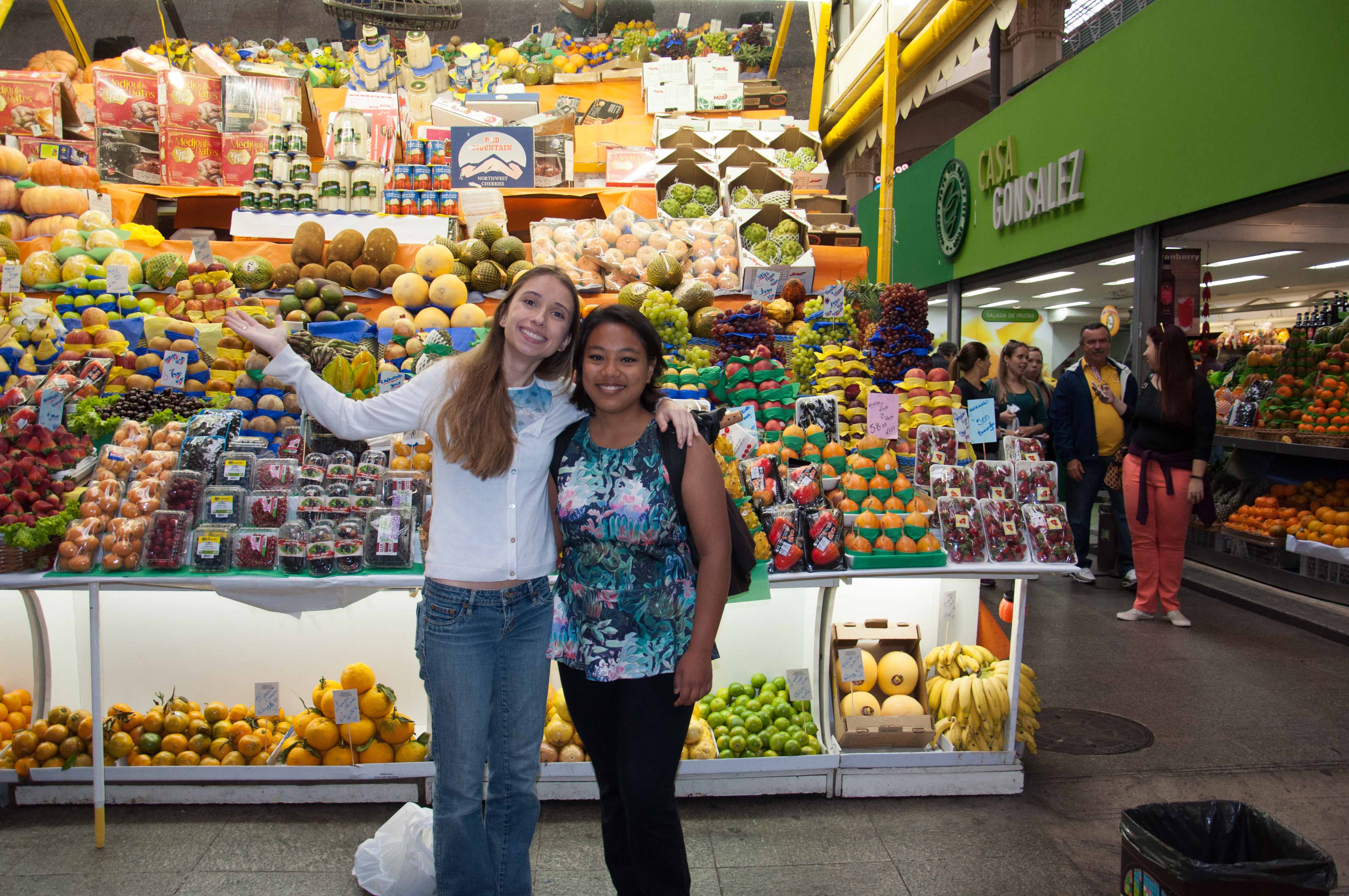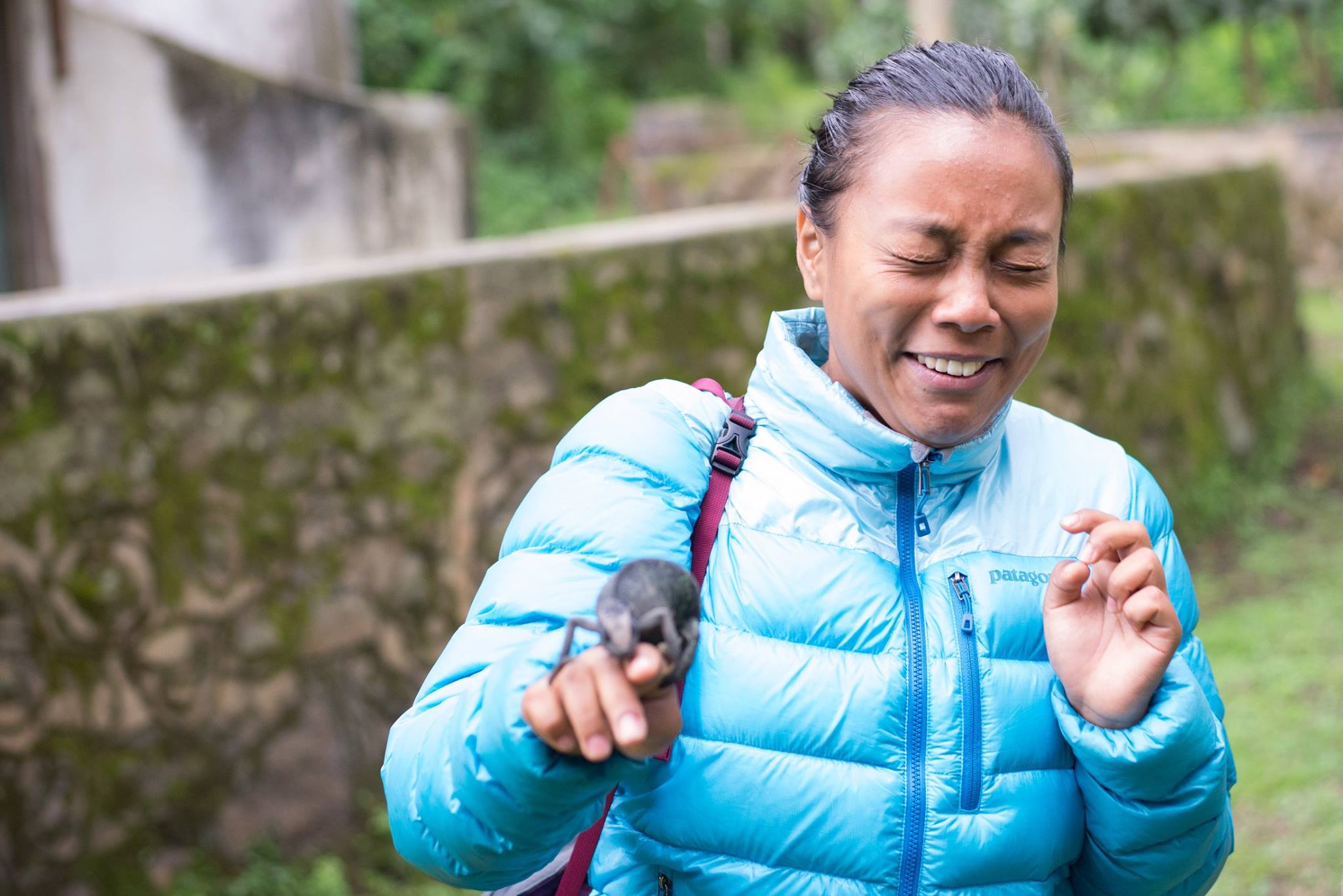Strangers Become Friends Through Travelling - Suyesha Sthapit
Suyesha Sthapit loves travelling. She has travelled to more than 30 countries and she’s not even 30 years old. She believes travelling is the answer to reducing prejudices, connecting different people from different backgrounds and creating a kinder, more peaceful world. She currently works as the Program Coordinator for Social Innovation at Bikas Udhyami. The Catalyst talked to her about her journey as a traveller and her key learnings from meeting people along the way.
What is traveling for you?
‘Travelling’ to me is an opportunity to grow, a chance to get out of my comfort zone. I had gone on holidays with my family, but the first time I truly experienced travelling was at the age of 17. I studied at an international school called United World Colleges in Italy where there were students from over 80 countries. In these two years, I learned that no matter how different people from various countries and cultures seem at the beginning, there is always space for common grounds. When people from different places travel, meet and share, strangers become friends. That intimacy erases prejudices about each other. I think intercultural conflicts can be addressed if only people from opposite sides met, shared stories and ate together. I continue to travel because I want to know people in every country, I want the whole world to be my home.
Where have you traveled recently?
This year I have done two treks in Nepal (Manaslu and Langtang). Last year, I did a 5 month trip from Canada and US, to Tanzania and a few countries in Europe. If I had to pick one highlight, it would be Iceland. It is a magical place with the midnight sun, and we also had the best host, Kristin. Our host took us hiking around geysers, swimming in natural hot springs, eating lunch on the most cushiony natural dry moss field, and even scrambling up rocks to get to the top of what was once a volcanic mountain. Iceland is beyond this world.
How has travelling helped you get multiple perspectives? Are there any instances where you felt that your prejudgment about the place was wrong?
One simple example about being proved wrong is from my childhood. We were always told that we had to finish the food on our plates because there were starving children in Ethiopia. So in my mind, Ethiopia was this poor country with malnourished children. When I met Bruc from Ethiopia, I realised they have such a rich cultural heritage. It’s actually famous for its tasty coffee, a unique way of telling time and the fossils of the oldest humans.
Travelling forces you to constantly question what you “know” or what you thought was “fact”. It is easy to have preconceptions about an unknown place or people. But once you actually visit the country and interact with locals, you need to keep an open mind to truly understand their perspective. You learn the “why’s” of a ritual or everyday practice or belief systems. You might even have heated debates, but that’s also part of learning and sharing. I know that having preconceptions is a way for us to categorise and understand the world around us, but travelling insists that you’re always modifying your preconceptions to match the local reality.
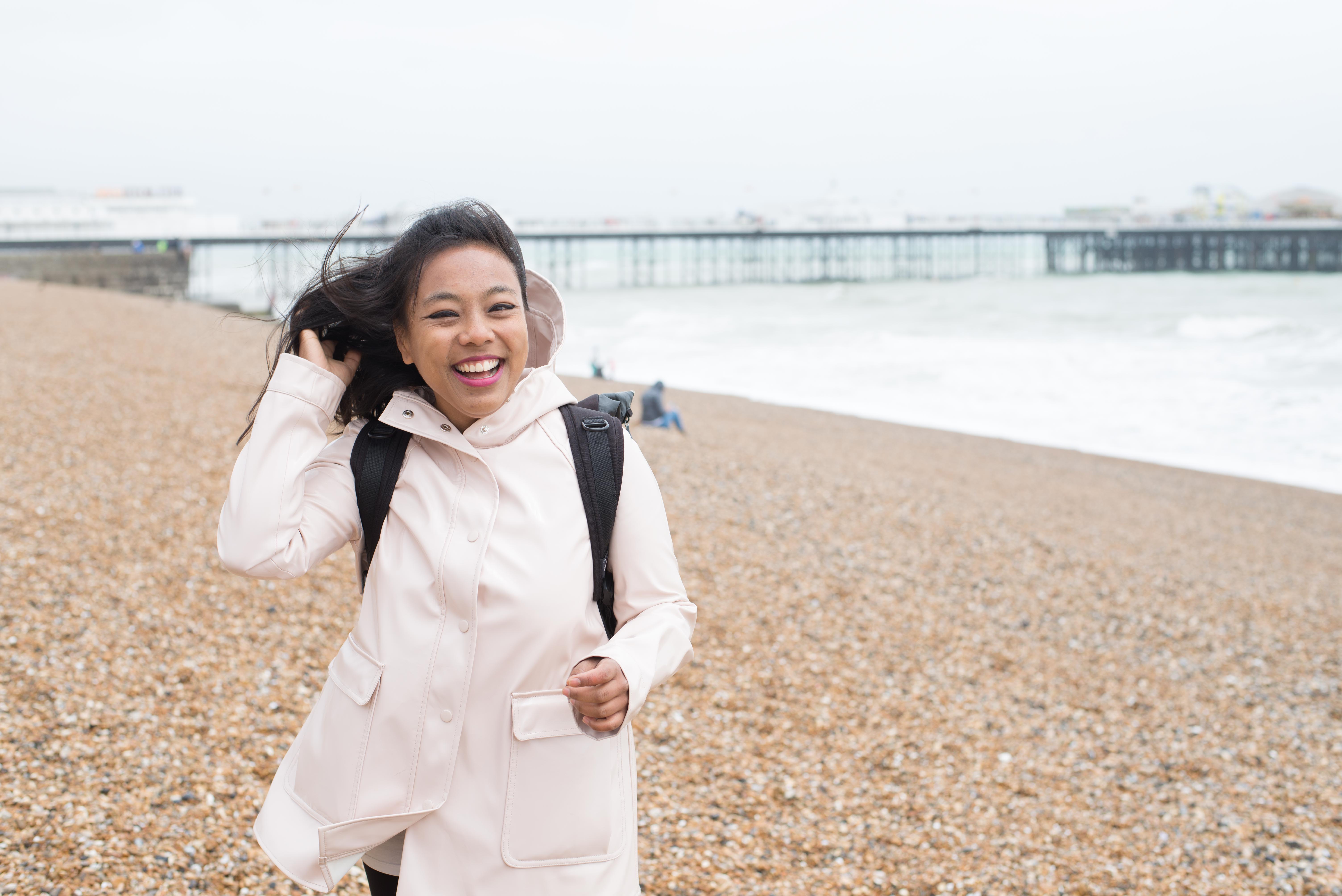
You are a member of Couchsurfing since 2012. What are the advantages of Couchsurfing? What kind of people do you think should join Couchsurfing?
The biggest advantage of Couchsurfing is that it is absolutely free, so everybody on the platform is there because they genuinely want to be, and not to make money. Because there are no monetary transactions, people treat you like a friend rather than a customer. So that means you’ll probably cook with them, go see the city’s highlights through their eyes and have interesting conversations along the way. You get an authentic local experience, rather than just being a tourist.
I think Couchsurfing is most suitable for travellers who want to experience a new place with a new local friend. That might mean you don’t get the facilities of a hotel and might have to literally sleep on the couch, but you get all the other benefits of immersing yourself in that culture. You also have to be willing to take a little bit of risk, to step outside of your comfort zone.
Any significant incident you want to remember?
Wow. There’s one particular story. My first host in Tanzania was going to be Glory. I had messaged her saying I would arrive at 6pm and she said she would pick me up at the airport. Only after getting on my last flight did I realise that I’d given her the wrong time! I arrived at 4am the next morning and was waiting for a couple of hours so as not to “disturb” her so early. Then this airport security approached me with a sign that read “Welcome Home Suyesha”. Glory had been waiting at the airport for the last 10 hours! She was just so kind about it, it was incredible. That’s how I made my first friend in Tanzania.
You must have made a lot of friends by travelling. How do you maintain relationships around the world?
I believe in having a few but very good friends. And I also make an intentional choice not to live my life on Skype. That’s why I make it a point to make time for friends in the city I am living in. As you go along in life, you hold these dearest friends from various times in your life close in your heart. You might talk to them only 2-3 times a year, but when you do meet them again, it’s like you’re picking up right where you left off.
Of course, with some friends that were once really close, you drift apart and have different priorities. I think it’s quite natural to let go of friendships that no longer give you joy. It’s just part of being human.
How do you record memories while traveling? How has travelling affected your photography?
I mainly make photographs. I used to take photos of everything and anything when I first started, but now I focus more on photographs of people. It’s generally photographs of people I am getting to know while I’m travelling rather than random people. I also try to take photos of food, architecture and landscape just so that it’s easier for me to remember when I look back. But it’s mostly photographs of people.
So when I’m shooting portraits, I am aware of the story the picture might tell. Even if I’m in a poor neighbourhood for example, I will make sure that the kids wash their face. There’s enough photos of kids with runny noses so I want to show another side about them. I will make sure that if they are funny, the picture comes out funny; if they are deep, the picture comes out deep. For example, in Tanzania, I stayed with Dorcella who runs a non-profit for girls. While I could have taken typical photos of them studying, we actually took fun photos of them posing as strong women, with tight bonds between them. I couldn’t speak Swahili and they couldn’t speak English but we still had such a good time taking photographs. Dorcella still uses all these photos for the website and promotional materials.
To record memories, I also buy postcards. I have a growing postcard collection. I don’t know how I will use them yet, but it’s sitting there in my cupboard.
No matter how busy you are, you make time for travelling, photography, and cycling. Why should one travel?
There’s research that shows many people who burn out at work, actually have unused vacation time. This means, they are not giving enough attention to self care. I am so afraid I might become part of that statistic that I carve out time to relax. And relaxing for me means travelling (among other things). Holidays are such a great opportunity to rejuvenate and bring even more energy and fresh ideas to your workplace or college when you come back. I honestly think your environment also benefits from you taking time off, and pursuing your interests.
What do you want to say to young people who might be looking to start their travel journey?
Being Nepali means you have to get a visa for most countries. While that is a very cumbersome process, there are some alternatives. If you look it up, there are over 30 countries that actually offer visa on arrival to Nepali citizens. You can start there. More importantly, you can start right at home. Whether it’s a weekend or a few weeks, go a little further than you have ever been in Nepal itself! There’s so much to explore.
The other main obstacle is that earning in Nepali Rupees is not enough when you have to travel in Dollars, if you know what I mean. My solution to that is to find strangers, friends or friends of friends who are happy to host me for a couple of days. There are quite a lot of people who want to host because it’s like they can ‘travel through you’ while still being at home. There are many platforms like Couchsurfing, Airbnb or even Facebook groups where you can find hosts.
So what I’m saying is, travel as close or as far as you want. But just start. I promise you’ll be growing so much more than you imagined. And you’ll also be making new friends.
Follow her at Instagram: @su.yay.sha
